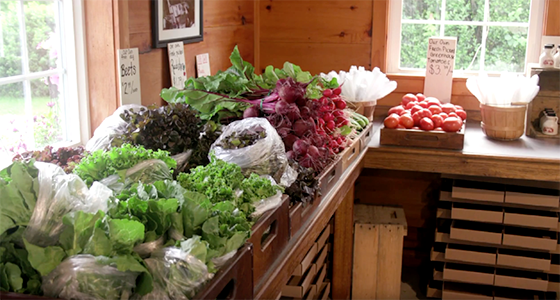"Food is Medicine” is the provision of nutritious food tailored to the medical needs of an individual who lives with one or more health conditions likely to be affected by diet, such as diabetes, heart disease, certain cancers, and HIV. In a small but growing number of cases in Massachusetts and across the country, Food is Medicine interventions are becoming integrated into holistic, patient-centered models of care for individuals with complex chronic illnesses. Examples of such interventions include fruit and vegetable prescriptions and home delivery of medically tailored meals.
Over the last year, the Center for Health Law and Policy Innovation at Harvard Law School and Community Servings have spearheaded an effort to develop a statewide "Food is Medicine" plan for Massachusetts. Health Care Without Harm participated in the advisory group with more than a dozen health care providers, insurers, and advocates.
The ultimate goal of the Food is Medicine State Plan to develop a series of actionable strategies that can be used by the state to improve access to Food is Medicine interventions for those in need. To date, the research effort has created a full inventory of current Food is Medicine initiatives examining where there is unmet need in the state. Strategies for action are currently under development and will be available in early 2019. You can find more information and updates on the plan on the center’s website.
This work in Massachusetts fits within a broader national conversation about the ways in which policy can support food as a health care intervention. The House of Representatives Hunger Caucus has formed a Food is Medicine Working Group to explore this issue and develop policy solutions. Sen. Bernie Sanders is leading a similar effort in the Senate.
